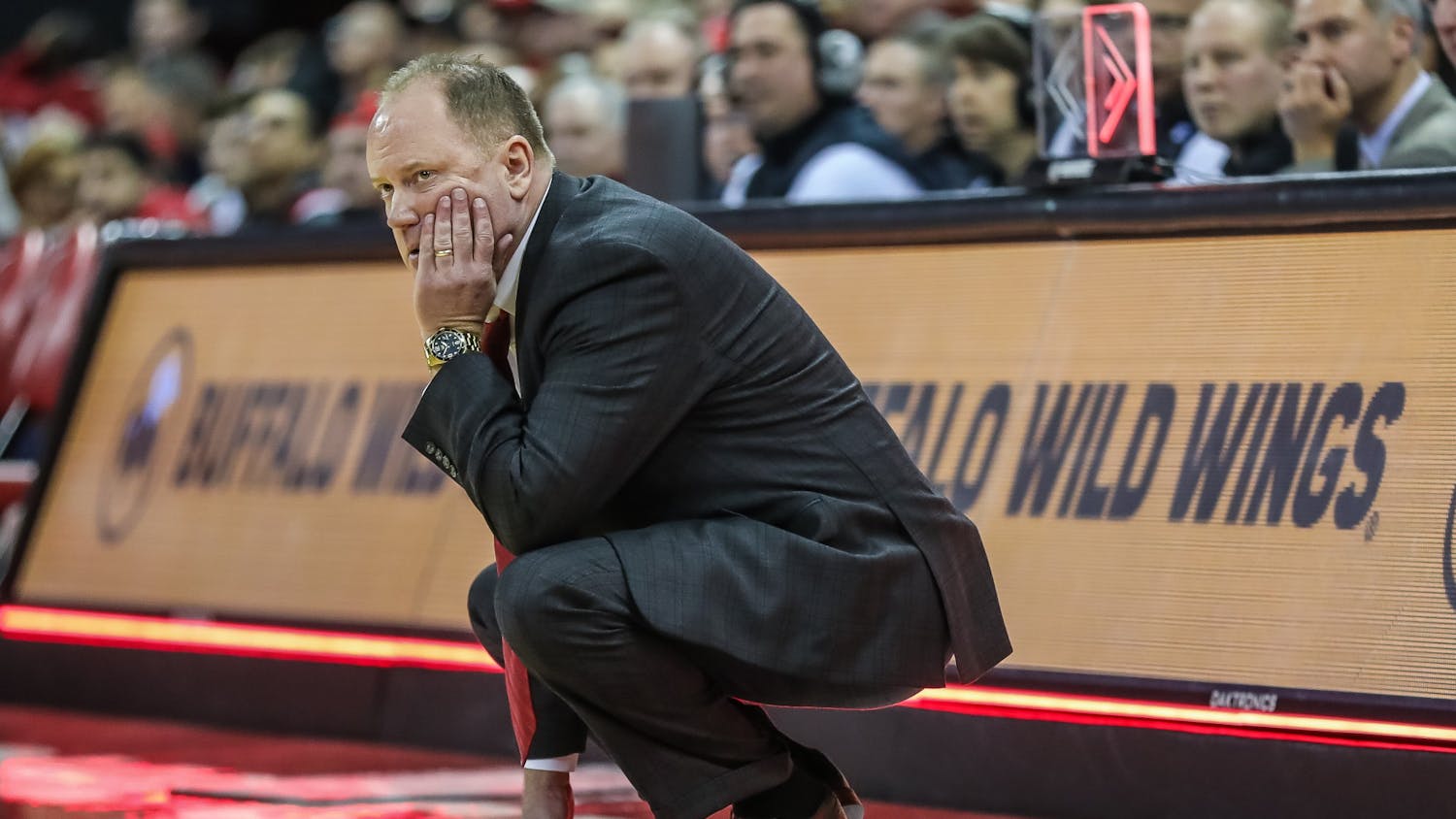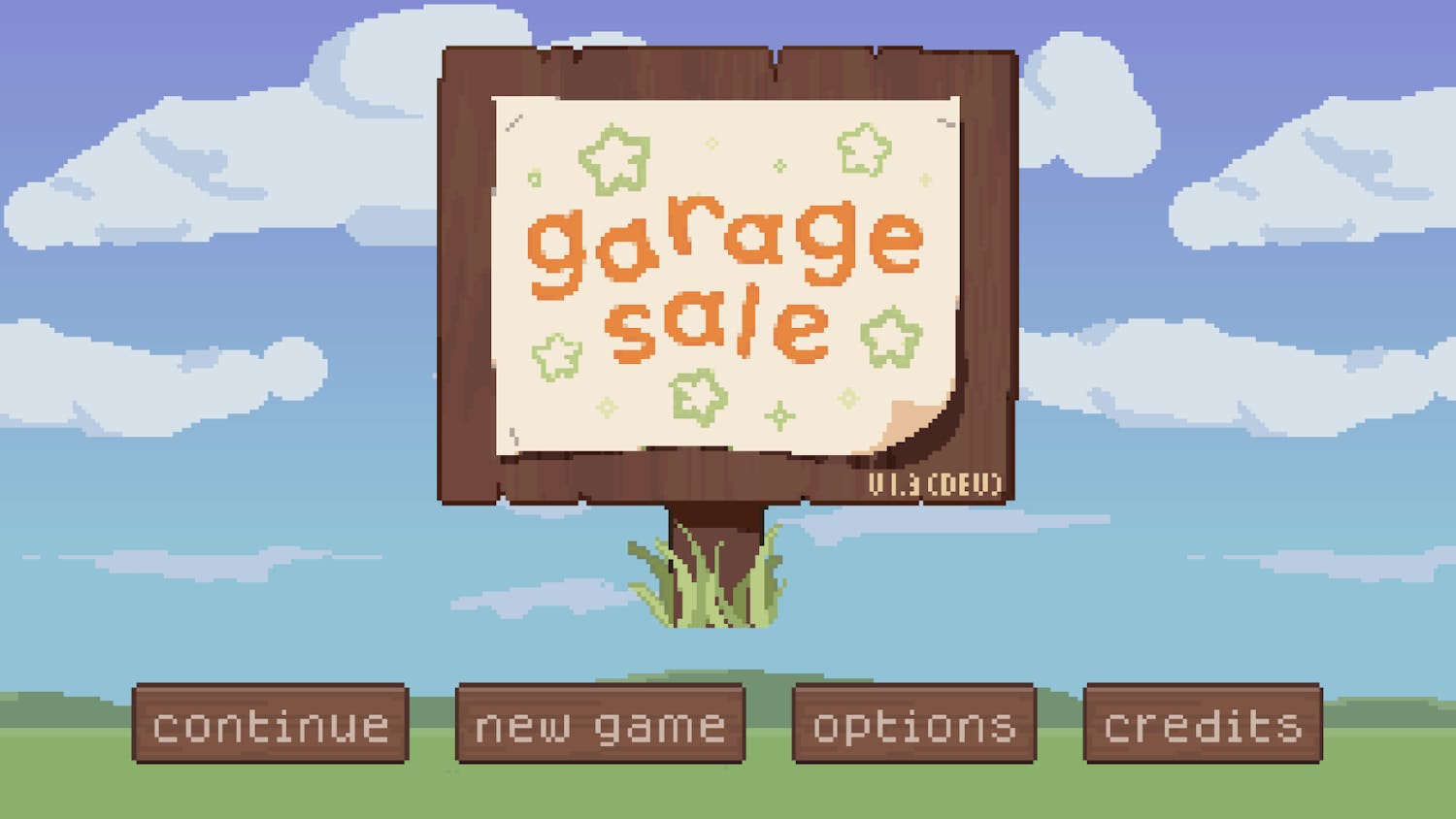In the midst of new voices joining the video game space, the underperformers of the past have been forced to make room in the market. After years of commercial underperformance and failed expectations, some of the game industry’s most visible creators are forced to cede their roles to fresh faces.
February marked the announcement by Sega that the “Sonic Boom” entries in the Sonic the Hedgehog franchise sold less than any other Sonic game, even combined. The Wii U entry, “Rise of Lyric,” is considered to be one of the worst games in the 24-year-old Sonic the Hedgehog franchise; four or five Sonic the Hedgehog games might vie for that crown in the last decade alone. That’s even barring misguided titles like “Mario & Sonic at the Sochi 2014 Olympic Winter Games” (with each passing installment, the game sells a quarter of what it used to; this most recent iteration seems to have sold less than the Sonic Boom games) and “Sonic Chronicles: The Dark Brotherhood,” an RPG for the Nintendo DS by the people who made “Mass Effect” and “Dragon Age: Origins.”
This weekend, Sega expanded this announcement to state they were no longer focusing on developing games for video game consoles, transitioning to development of online multiplayer PC games and mobile apps. Sega is also responsible for the “Total War” simulation games, as well as video games based on the “Alien” film franchise. Sega has long been the butt of jokes by players of game consoles, largely due to the ailing Sonic the Hedgehog franchise. Sonic games saw a significant decrease in quality after Sega ceased making video game consoles. Its Sega Genesis was the primary competitor to the Super Nintendo in the early ‘90s, but it lost significant market share against the original Sony PlayStation. Sega eventually shut down production of its PS2 competitor Sega Dreamcast years earlier than intended due to a lack of market interest.
Sega is not the only star fading this month. Ex-Microsoft developer Peter Molyneux, under completely justified criticism for his disappointing PC game “Godus,” retreated from the press permanently after Rock, Paper, Shotgun’s John Walker gave him an aggressive and borderline abusive interview. After concluding that he has no reputation in the industry, the developer of “Populous,” “Syndicate,” “Black & White” and the “Fable” franchise has determined it would be best to no longer take interviews or speak to the press.
Listen, I was not planning to editorialize in this column. But let me take a moment. Molyneux is justifiably joked about; his longstanding reputation is that of promising the impossible in a game’s development, only for its released product to wildly disappoint by comparison. His most beloved game in his “disappointment” period, “Fable II”, I like much less than most people.
But Walker’s interview is wholly unprofessional. From the first question, he completely crossed all respectable lines. Walker begins the interview by asking if Molyneux believes he is a pathological liar. The hostility does not let up afterward. If I developed video games, I would refuse to be interviewed by Walker from here on; how would you possibly prepare to be treated as such, even if the aggression were something to be predicted? His questions are uncomfortable, invasive, a bit cruel and entirely unproductive.
What is most disturbing is how both of these news items are being relished by the seedier parts of the gaming community. For once, I don’t even mean the #GamerGate goons, who are actually still issuing bomb threats to feminists in the games industry; they, in fact, simply wish traditional #GamerGate targets like Tim Schafer, Zoe Quinn and Anita Sarkeesian received the same sort of abuse from the press. Rather, people who balk at that behavior are accusing those who think this behavior was unacceptable of defending Molyneux.
If “asking the hard questions” in game journalism is going to be verbally abusing those who make games we disappoint, I’m calling it; game journalism is an unethical practice and I’m moving over to movies. But I think there are ways to have these conversations respectfully, and we can make room for new voices like the developers of February’s PC indie hit RPG “Darkest Dungeon.” Rather than doing that by roasting men like Molyneux or writing another article about what the truly, truly awful “Sonic Boom: Rise of Lyric” got wrong, let’s increase the coverage of new voices. I think, at some point, that the abused might not miss the coverage.





